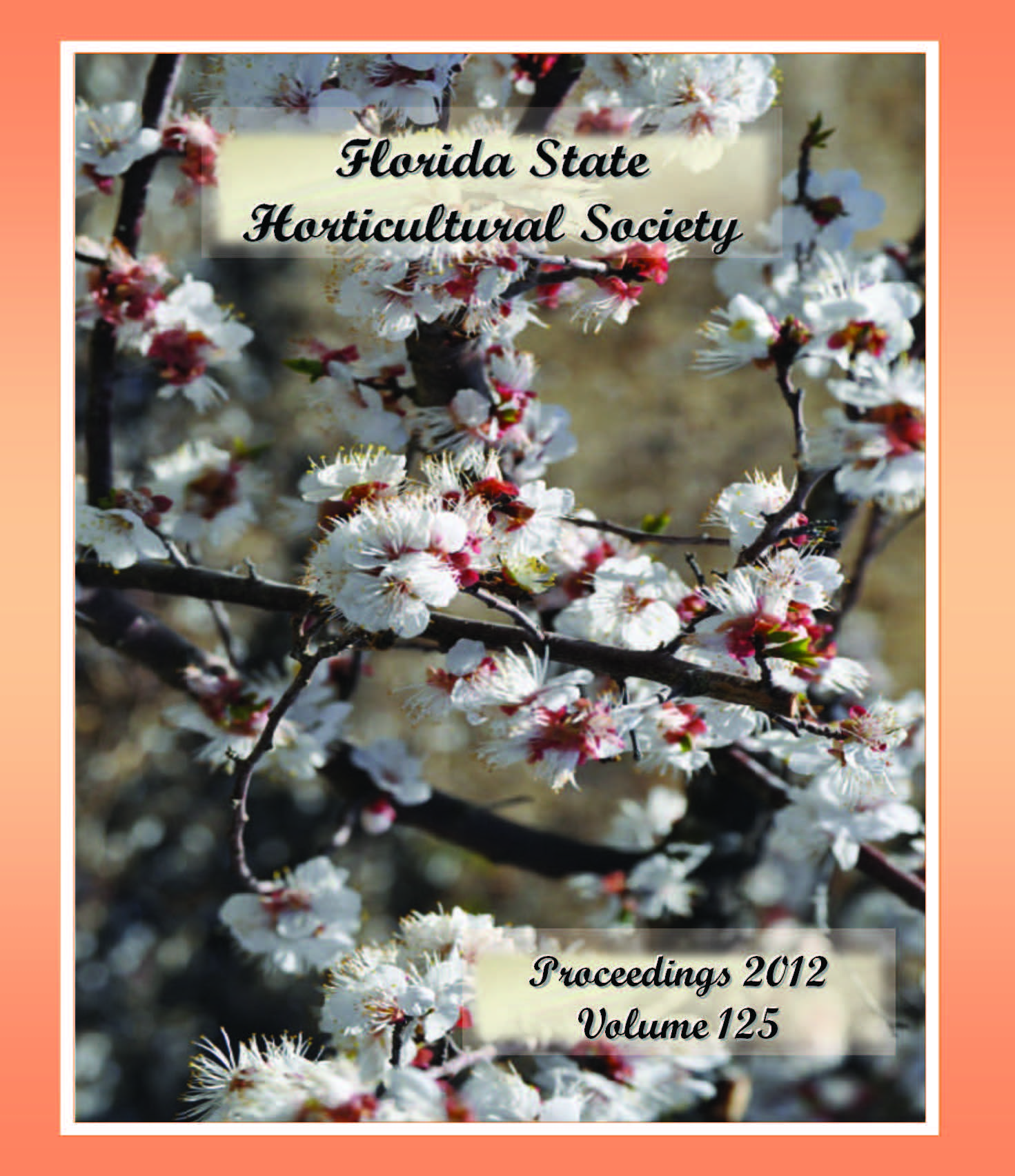Superficial Scald Symptoms in ‘Granny Smith’ Apples Associated with Reactive Oxygen Species (ROS) Accumulation
Publicado 2012-12-01
Palabras clave
- Malus ×domestica,
- low oxygen,
- confocal microscopy,
- fluorescence,
- hydrogen peroxide
- chilling injury ...Más
Resumen
For many crops, low-temperature storage results in oxidative stress and chilling injury, caused by increased production of superoxide anions, which in turn leads to the generation of other dangerous reactive oxygen species (ROS). The apple cultivar Granny Smith is the most sensitive cultivar to chilling injury, which is expressed as superficial scald symptoms during cold storage and shelf life. It is already known that using antioxidant chemicals or an ethylene inhibitor (1-methylcyclopropene) prevent superficial scald symptoms in apple. In this work we showed that application of friendly organic treatment, 0.5% low-oxygen (LO2) atmosphere for 10 d at 20 °C prior to cold storage at 0 °C, was effective in preventing superficial scald symptoms. LO2-pretreated fruit maintained a healthy appearance, which was exhibited by nice green peel color without superficial scald symptoms for more than 6 months at 0 °C plus 1 week at 20 °C. Using confocal laser-scanning microscopy, fluorometer and H2O2 measurements of apple peel, we succeeded in determining ROS accumulation in control fruit, while none were found in LO2 treated fruit. We assume that LO2-pretreated fruit remained healthier due to reduced production of ethylene and reduced formation of a-farnesene oxidation products, which appear as ROS during cold storage and enhance peel damages in ‘Granny Smith’ apples.

